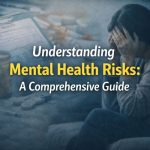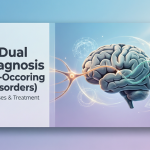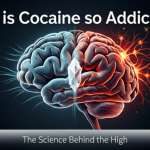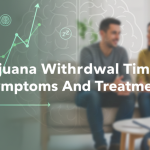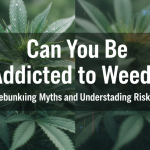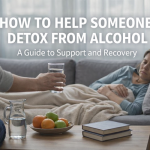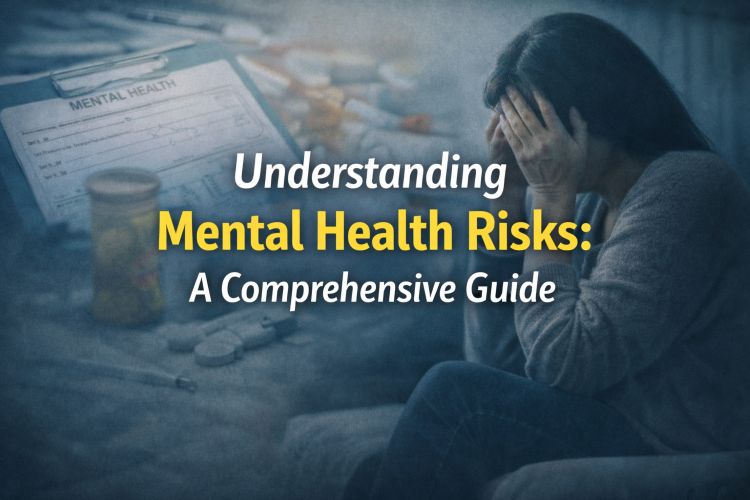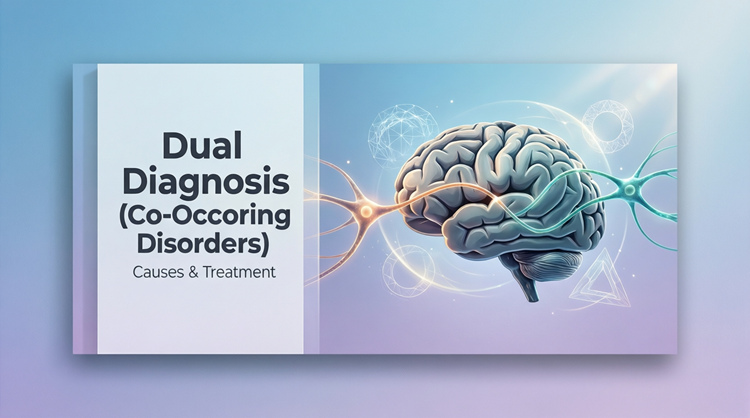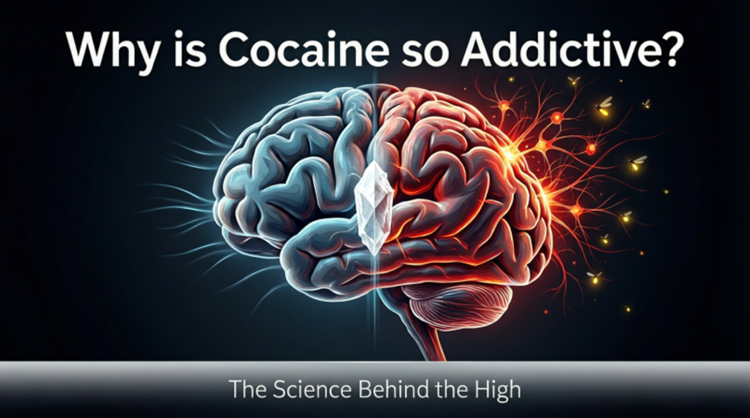Did you know that 50% of the patients who turn to clinicians for treatment of substance abuse issues have PTSD? This staggering statistic highlights a critical issue that often goes unnoticed. There is a very close and intricate relationship between trauma and addiction. It is important to understand how the two conditions are linked and how they can best be treated. In this blog, we will discuss how PTSD can lead to substance abuse, the issues of dual diagnosis, and the need for a dual-diagnosis treatment.
Understanding PTSD
PTSD is a kind of anxiety disorder that occurs in individuals who have encountered or witnessed a traumatic event in their lives. Others have symptoms that include severe anxiety, flashbacks, nightmares, and emotional detachment,, and they cannot go about their daily activities effectively. PTSD also causes the victim to be on alert, easily irritated, and have a heightened sensitivity to stimuli, thus pushing them away from their families and friends.
PTSD is not limited to war veterans; it is experienced by many people, including those who have been through violence, abuse, or accidents. According to the National Center for PTSD, approximately 7-8 percent of people in the United States will develop PTSD in their lifetime, with women being at a higher risk than men.
Because the symptoms of PTSD can be so severe, and because help is often unavailable or inadequate, many people with PTSD use drugs or alcohol to try to manage their symptoms. This self-medication often leads to substance use disorders and addiction.
If you or a loved one are dealing with PTSD, knowing the symptoms is the first step to recovery. Please do not hesitate to contact us to know more about our PTSD treatment program.
The Link Between PTSD and Substance Abuse
PTSD and substance abuse are tightly correlated. Trauma changes the chemistry of the brain and results in an alteration of the brain’s stress and emotional systems. To many people, substances offer a way of dealing with the overwhelming feelings that come with PTSD. It is well known that drugs and alcohol help to alleviate or at least pain and anxiety and provide a feeling of power over the sometimes uncontrollable thoughts of the mind.

But this is not the end of the problem. In the course of substance use, addiction is developed, which worsens the symptoms of PTSD. This results in a cycle that the individual feels they are stuck in; on the one hand, they want to flee from their trauma, while on the other hand, they are finding themselves becoming more and more dependent on substances.
Probably the most typical reason for substance abuse in patients with PTSD is the urge to self-medicate. Trauma can be described as an overwhelming feeling of pain and suffering and substances are a way to numb the pain and feel better, at least for some time. Regrettably, this only results in the degeneration of the situation. The higher the substance use, the higher the level of tolerance; thus, one has to use more of the substance to get the same result. This can become very addictive, which makes it even more challenging to treat PTSD.
Break the cycle today. Get in touch with us to find out more about our dual diagnosis treatment services for PTSD and substance use disorders.
100% Confidential Support is Available 24/7
No matter what you’re going through, you’re not alone. Our dedicated team is here to provide a safe, judgment-free space where you can talk openly and honestly. Whether you need emotional support, resources, or just someone to listen.
We’re here for you—completely confidential and always respectful of your privacy. Call us today!
The Impact of Co-Occurring Disorders
When PTSD and substance abuse are both present, they give rise to a complicated condition referred to as co-occurring disorders or dual diagnoses. Because these disorders can worsen each other, a special management plan is needed for all of them. For instance, the panic attacks and flashbacks that characterize PTSD may push someone into substance use to keep the symptoms at bay, while withdrawal symptoms that come with substance use may worsen PTSD symptoms.
Patients with co-occurring disorders usually have more severe symptoms, higher chances of relapse, and difficulties in recovery. Conventional treatment approaches have been proven to be unproductive because they do not incorporate the relationship between the two disorders—PTSD and substance abuse.
Deland Treatment Solutions
Battling with Drug and Alcohol Addition? Remember, you are not alone and we are here to help you!
Treatment Approaches for PTSD and Substance Abuse
Treatment of PTSD and substance use disorders cannot be done separately and must be done at the same time. Several treatment approaches have been scientifically proven to be effective for the treatment of dual diagnoses.
Cognitive Behavioral Therapy: CBT is a common therapeutic model that assists clients in modifying their thought processes and behaviors. For those with PTSD and substance abuse, CBT can be used in such a way to help address the causative factors and problems related to both disorders. People can also be taught better ways of dealing with stress which will help them avoid substance use and better control their PTSD.
Eye Movement Desensitization and Reprocessing: EMDR is a type of therapy that is specifically used to deal with traumatized patients and their memories. Through guided eye movements, individuals can reprocess traumatic events in a way that reduces their emotional impact.
Medication-Assisted Treatment (MAT): For some people, the use of prescribed medications can be an effective way of addressing certain conditions. Medications such as antidepressants or anti-anxiety drugs can assist in controlling mood and treating PTSD so that the affected individual can be able to focus on the therapy and the recovery process.
Holistic Approaches: Besides, traditional approaches, other methods, such as being mindful, and practicing yoga and meditation, can also be helpful in the process of rehabilitation. These practices assist individuals in getting back to their body and mind, managing stress, and establishing healthy coping strategies.

The key to successful treatment is a personalized plan that considers the unique needs and circumstances of each individual. If both PTSD and substance abuse are treated simultaneously, the patient has a higher chance of recovering and getting back to a normal life.






